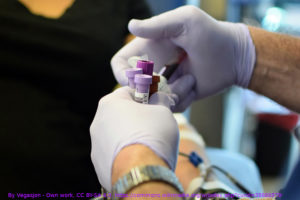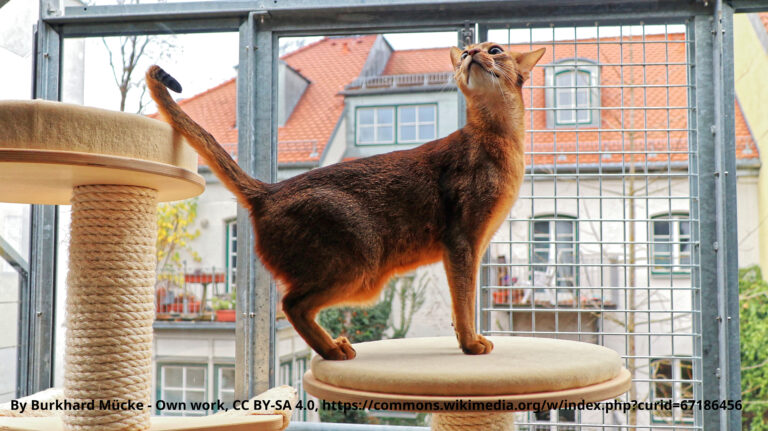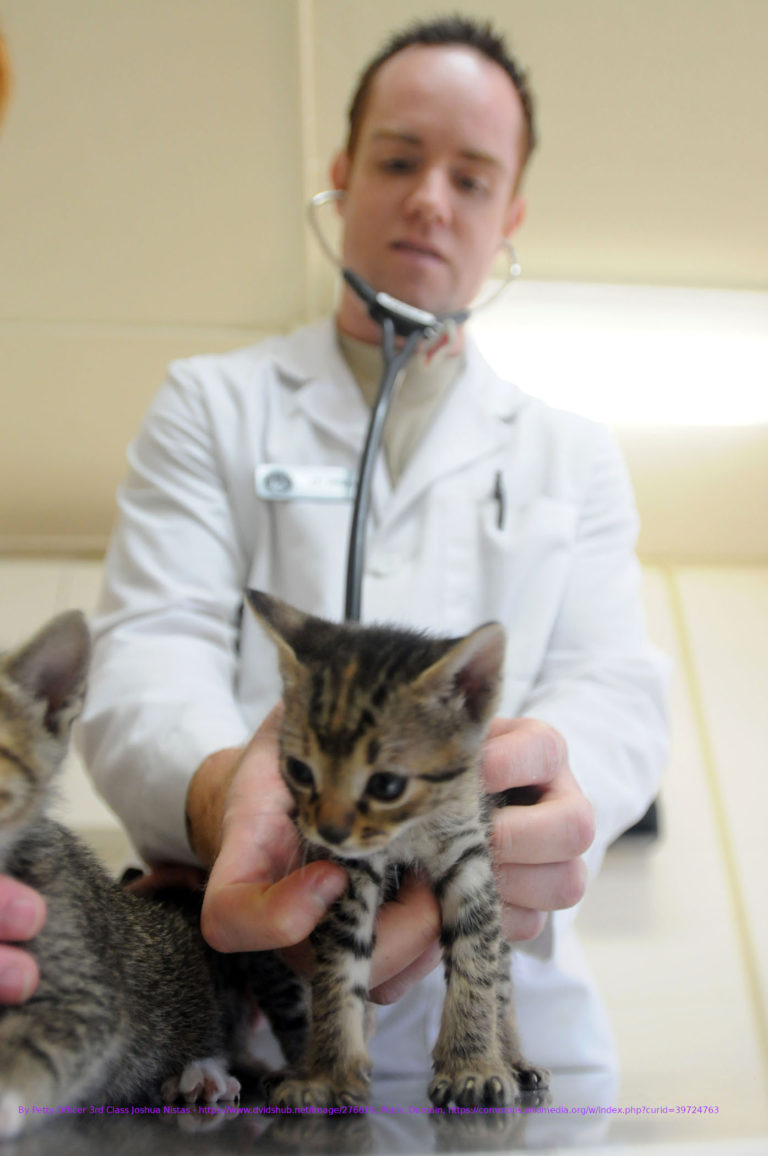Feline Blood Banks
 Feline blood banks could soon come to the UK thanks to a partnership between Banco de Sangue Animal (BSA), a Portuguese organisation, and specialists in feline medicine. The BSA has already established feline blood banks in Portugal, Spain and Belgium.
Feline blood banks could soon come to the UK thanks to a partnership between Banco de Sangue Animal (BSA), a Portuguese organisation, and specialists in feline medicine. The BSA has already established feline blood banks in Portugal, Spain and Belgium.
Read on to learn more about feline blood banks and how your cat could benefit and contribute.
Why is there a need for feline blood banks?
Blood banks for humans have existed for nearly 100 years, and dog blood donation is a well-established process, but up to now cats have not had access to a similar service. The main reason for this is that cats have blood groups, and using the blood from the wrong group can be fatal to a cat.
If a cat needs a blood transfusion usually the only solution is to try to find a suitable donor immediately, with varying results including infection. This has inevitably led to cats dying for lack of a donor. Previously a substitute based on haemoglobin was used, but this is no longer available so the need for a feline blood bank is now acute.
Cat blood groups
Cat blood groups are relatively simple. Worldwide, type A is the most common and types are often geographically determined. It’s believed that Siamese cats are only ever type A. Type B is much less common but many non-pedigree cats in Australia are type B together with British Shorthairs. It’s very unusual to find type AB.
Cross-matching is one way of ensuring the recipient cat won’t suffer a reaction. Samples of donor and recipient blood are mixed to test for a reaction. If a cat receives several transfusions, the risk of a negative reaction increases.
How do cats give blood?
Banco de Sangue Animal (BSA) is about to change all that by bringing its feline blood banks to the UK. For the best results it needs UK cat owners to sign up their cats as donors. The process is free to the donor. To find out if there is a donation centre near you please contact BSV.
Donation comes with a range of perks including vaccination, worming, annual blood tests and a medical. You will receive the results of blood test carried out on your cat, allowing you to pick up any problems early on.
Cats recover quickly from the donation process but do need rest. Massage of the donation site helps – this is usually a small shaved patch on the neck to allow access to the jugular vein. As with humans donating blood, ensure good access to water and appealling snacks post-donation.
There are extensive criteria that any donor cat must meet, as set out by the Veterinary Medicines Directorate in 2022. Criteria include: the donor cat must weight at least 5kg, undergo pre-donation health checks and donate no more than 10% of its total blood volume.
Due to their nature dogs can be trained to give blood, but many cats are less likely to co-operate. Some cats might be given a light sedative but as cats get used to the donation process this is often reduced. For this reason though a cat’s temperament is a factor in their suitability to give blood. Donations can be made every two months.
What happens to the donated blood?
Much like human blood, the donation is put into a centrifuge to be separated into red blood cells, platelets and plasma. Separating the blood this way means three different products are available to treat three different recipients and make your pet’s donation go as far as possible.
Ethical considerations
Cats are unable to give consent to donating blood. An article on phys.org suggests that because of this, ‘donating’ is a misnomer, and ‘harvesting’ a more appropriate term. There is no direct benefit to the donor of donating, although the perks that BSV offers to donor cats could be seen in these terms. Humans give blood, certainly where there is no payment, as an altrusitic move. One of our members of staff has O- blood, known as “the universal donor”, and is very aware of a sense of duty to donate when she’s well enough, but a cat can’t intellectualise like that.
Overall, our view is that your cat might well need blood one day, so if they meet the criteria for donating and appear well-suited to the process then it’s ethically acceptable for them to donate.


